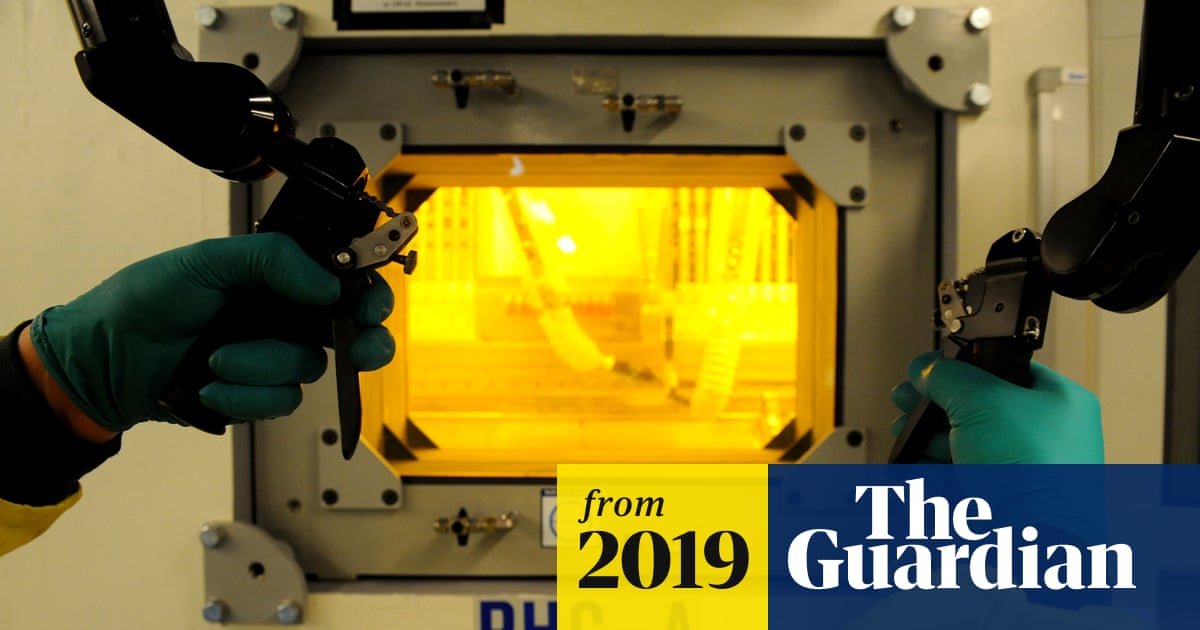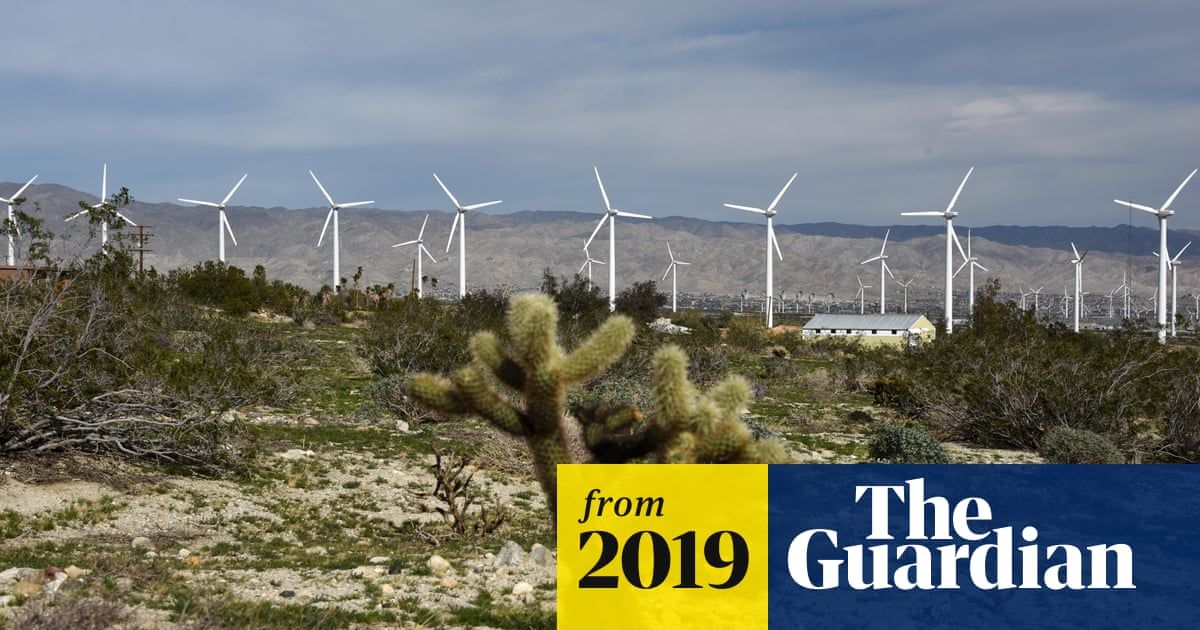Nuggs Bunny
Moderator
- Moderator
- #226
Follow along with the video below to see how to install our site as a web app on your home screen.
Note: This feature may not be available in some browsers.
LIVE: Richmond v Melbourne - 7:25PM Wed
Squiggle tips Demons at 77% chance -- What's your tip? -- Team line-ups »
When your answer to a debate about nuclear power is "bUiLd iT iN yOuR oWn bAcKyArD"
View attachment 698873
Exactly like that. And it will only get bigger, better and cheaper with increased research and development, and the economies of scale associated with mass production.
Fine, it can go in your backyard if it's going to be so good for the economy. You won't mind that sacrifice for the sake of the country.
Nuclear advocates in Australia will be taken seriously when they're prepared to put an honest figure on the immense Government subsidy needed to get any nuclear generation off the ground.
The mistake they make is neglecting to factor in further development, economies of scale, and making their calculations with the moronic assumption that people are demanding 100% renewables overnight. This is an obvious straw man argument.Interesting article in the Australian
The article is about a Union Super Industry was bagging the Tesla battery. The union claims it would cost $6.5 trillion a 1.5 day back up system, to make renewables reliable. They also claimed it would cost $700b if a Snowy Mountain like scheme
The mistake they make is neglecting to factor in further development, economies of scale, and making their calculations with the moronic assumption that people are demanding 100% renewables overnight. This is an obvious straw man argument.
What is the full level of subsidies renewables have received at Local State and Federal level for producers and consumers ?
That would not be needed if we took the obvious step of becoming a repository for nuclear waste.
That would change, and indeed supercharge, our entire economy.
I've got no idea, but it'll be dwarfed by the handout needed to build up the technology base, infrastructure and tp attract and retain the personnel to establish the nuclear power industry people like to fantasise about. Even getting the stuff out of the ground (outside of Olympic Dam) at the moment is a stretch - none of WA's projects have moved beyond the theoretical stage due to the global uranium slump.
I'm not an opponent either - it makes sense to look at it. Just amused by the inconsistency.
Again - nice idea in theory. But still ignores the fact that we don't have the knowledge, technology or infrastructure base to build multiple nuclear power plants, let alone run and maintain them.
No regional community is going to put their hand up to host a waste facility without significant Government incentives either. Barndioota's getting $31 million to take Australia's low-grade waste, for instance - you'll need to pour in a fair bit more than that if you're talking global waste.
And this sadly, is why Australia will never have a nuclear reactor. Or should never have one.
I don't trust the country to run what should be a relatively safe form of power generation. Even worse if it ends up in private hands.
Two workers exposed to unsafe radiation dose at Lucas Heights nuclear facility

Two workers exposed to unsafe radiation dose at Lucas Heights nuclear facility
Exclusive: production at Australia’s only nuclear medicine facility halted after ‘safety incident’www.theguardian.com
You can simply look at the recent guaranteed prices offered to the wind vs nuclear in the UK, being £76/MWhr for nuclear £95/MWhr for wind.
In regards to the relevance of the uranium price to nuclear, the all in sustainable cost is around $45-60 which is the price offered under long term contracts. The sub $30 spot price has no bearing on operations long term as it's a place for traders rather than operators. To incentivise new entrants to the the uranium price will need to be $65 plus. Regardless of the price of uranium, it has little bearing on the price of nuclear power as it represents 4-10%.
In regards to the "regional community", an aboriginal group has already agreed to the storage and reprocessing. The facility will be classed medium rather than low, which is the same as high. The steps will be CSIROs waste, followed by SAs medical and industrial waste, followed by the other states. The only international waste we would take would be our own, in the case we move towards small nuclear reactors with our military.
Again, it's being made out that this facility is in some regional communities backyard.
Show me where this has been proposed?
And to say that we "don't have the knowledge, technology or infrastructure base to build multiple nuclear power plants, let alone run and maintain them" is utter, utter crap.
Who's we?
I was privy to the Northern Goldfields bid that was eventually knocked back in favour of SA (despite running close) - the reason small regional towns and Indigenous Communities are putting their hands up for these facilities isn't because of some idealised commitment to nuclear; it's the guaranteed injection of millions of dollars up front, heaps of recurring spending and jobs - almost all of which stems from Federal Government subsidies. Not to mention the constant monitoring to ensure adequate storage standards.
Even private proposals (like the Tellus Resource Kaolin Mine/Med Waste proposal near Coolgardie) are small in scale and come with an expectation of Government buy-in and support.
Australia - a country with one (research focused) nuclear facility, no nuclear power plants, aging energy infrastructure spread over millions of square kilometres. With an ingrained anti-nuclear culture and one of entrenched NIMBYism to boot. None of that gets overcome without massive Government buy-in and subsidy.
We struggle to maintain, repair and replace fixed solar panels outside of major metro centres (indeed, Horizon has only just managed to stabilise the grids in the Kimberley and Great Southern enough to finally allow for alternative energy sources).
But go on, tell me about the hundreds of private sector experts and employees currently ready to drop minaturised thorium reactors into regional towns at the drop of a hat?
Again, how were these proposals in a towns backyard?
Love how you bring the issue automatically to on-shore expertise and then conflate it with a well known clusterf*** in the north.
I'm 100% sure that any nuclear enterprise would have FAR more stringency and oversight than any half-cocked solar scheme put up to keep the blackfella's happy.
We bring the best people, with the best track records to plan, build and then train local people.
It's almost like new projects can't succeed because of previous failures.
I never said they were? Only that, again, the reason communities are so enthusiastic for them is the guaranteed injection of Government money.
Why are nuclear advocates so hyper-sensitive to any small criticism?
So you basically acknowledge that we have no in-built, ready to go nuclear expertise, there's no private sector finance lining up to back these projects and any industry development would require billions in subsidies to get off the ground.
Thanks for proving my point.
You still ultimately need to source the fuel though - and the argument continuously put forward by local nuclear advocates is "we've got 44% of the global uranium supply; why aren't we using it!" To put that into practice will require an enormous amount of cash that no-one in the private sector has been willing to action so far.
This cannot be referred to, as it doesn't exist.Please refer Germany’s 45 year failed plan

The US generated more electricity from renewable sources than coal for the first time ever in April, new federal government data has shown.
This cannot be referred to, as it doesn't exist.
Why did you tell us to refer to something, that doesn't exist?
Why do you constantly try to muddy the water like that?
So thats a no you can't provide us a link to the 45 year plan you've told us to refer to?
I have provided my data and references
rather than just get all emotional, please provide a date your comfortable with, with the costing and the targets. I'm comfortable using as at today, 2020, 2030, 2035, 2050 and 2070. I'm also happy if you prefer a date in between.......they all tell the same story.

US generates more electricity from renewables than coal for first time ever
In April, clean energy provided 23% of America’s electricity compared to coal’s 20% – the first time coal has been surpassed by renewable sourceswww.theguardian.com
Obviously the US don;t rely on coal for baseline power like we do, but it does show the economies for coal/renewables are slowly shifting.
Don't, lamely, attempt to put words in my mouth.
It's like any other new industry will never get off the ground because the host country has no on-ground expertise.
It's a really, really, REALLY stupid argument.
100% right re having so much uranium. At ordinary prices we have a huge % of the world's resources.
However at $230 you can mine the uranium from sea water, meaning anyone with a coast and particularly a desal plant should mine it rather than drink it. Further it would add an immaterial cost to Gen IV reactors. This means we have a very limited window to establish control over the sector before we lose our competitive advantage.
The reason why we should harness nuclear......isn't for the uranium itself as uranium is a very small global commodity representing 66kT per annum (half a ship load per year). For reference purposes only, the waste is 15 times less than that, so globally it would take 30 years of global waste to fill a ship using Gen 3 and 150 years for Gen IV. That's why we don't have proper storage facilities yet, as we simply don't have the demand yet.
The opportunity for Australia though, is to lease uranium rather than sell it. That means we mine it, lease it, enrich it, cool it, reproces it and then store before re-using it. We can collect $13 for every $1 of uranium through the life cycle and ensure proper monitoring and controls. Australia, Canada and Kazakhstan who are co-incidentally moving closer together would represent 90% of current supply essentially capable of forming an OPEC. Working in partnership with China, France, Russia and the US we could very quickly get up the technology curve.
Taking a step back, it's already happening and will grow.........the question is, will Australia be a part of it or just "dumb" mine it?
At least with a competitive advantage in uranium, we can in partnership corner the market and force the life cycle to start, finish and re-start under our lease control. That's something China can't take away until uranium hits $230.
Interesting - where's the incentive for the Canadians and Kazakhs to play ball though? They're largely winding back production due to the supply glut (or at least they were when I was last looking at this stuff in any great detail) I can't see them being all that enthusiastic to add to that in any great amount.
The geopolitcal implications for the leasing idea would be interesting as well.
The million dollar question - look how sensitively Lynas reacted at suggestions to localised downstream processing where rare earths are concerned?
The debate ultimately has to be an honest one though - you can't peg subsidies for solar and wind, then talk as if nuclear is going to be some sort of miracle cost-saving where taxpayer coin is concerned.
